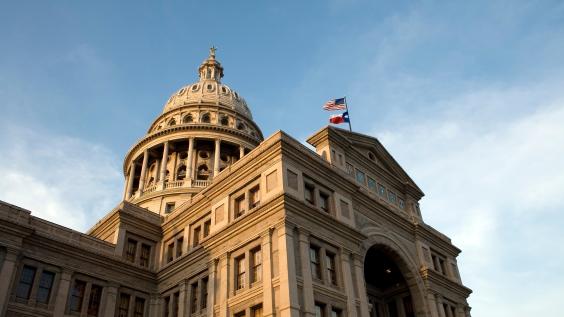Testimony to the Texas House of Representatives Select Committee

Table of Contents
Author(s)
Share this Publication
- Download PDF
- Print This Publication
- Cite This Publication Copy Citation
Gabriel Collins, “Texas LNG Exports Are a Global Economic, Environmental, and National Security Asset” (Houston: Rice University’s Baker Institute for Public Policy, May 6, 2024).
This invited testimony was delivered before the Texas House of Representatives Select Committee on Protecting Texas LNG Exports at a public hearing on May 2, 2024.
Introduction
Lawyers and politicians love the “definite maybe,” while businesses detest uncertainty. The DOE’s novel LNG export permitting pause is the apotheosis of a “definite maybe” because we do not yet know how long it will last or what new conditions might (or might not) be imposed in its wake.
When Congress drafted the Natural Gas Act of 1938 (the “Act”) and made subsequent amendments, it intended to promote balanced and beneficial gas market development, a task which inherently requires balancing complex and sometimes conflicting interests. The U.S. Supreme Court affirmed this fundamental purpose, with a key 1976 decision determining that the Act’s use of the words “public interest” was “… a charge to promote the orderly production of plentiful supplies of electric energy and natural gas at just and reasonable rates.”
Balancing decisions regulators make under these legal auspices will impact the future development path for natural gas — which provides about 1/3 of our nation’s primary energy supply — and touch the lives of every resident.
To access the full testimony, download the PDF.
Wherever feasible, this material was reviewed by outside experts before it was released. It has not been through editorial review. Any errors are the author's alone.
This material may be quoted or reproduced without prior permission, provided appropriate credit is given to the author and Rice University’s Baker Institute for Public Policy. The views expressed herein are those of the individual author(s), and do not necessarily represent the views of Rice University’s Baker Institute for Public Policy.



